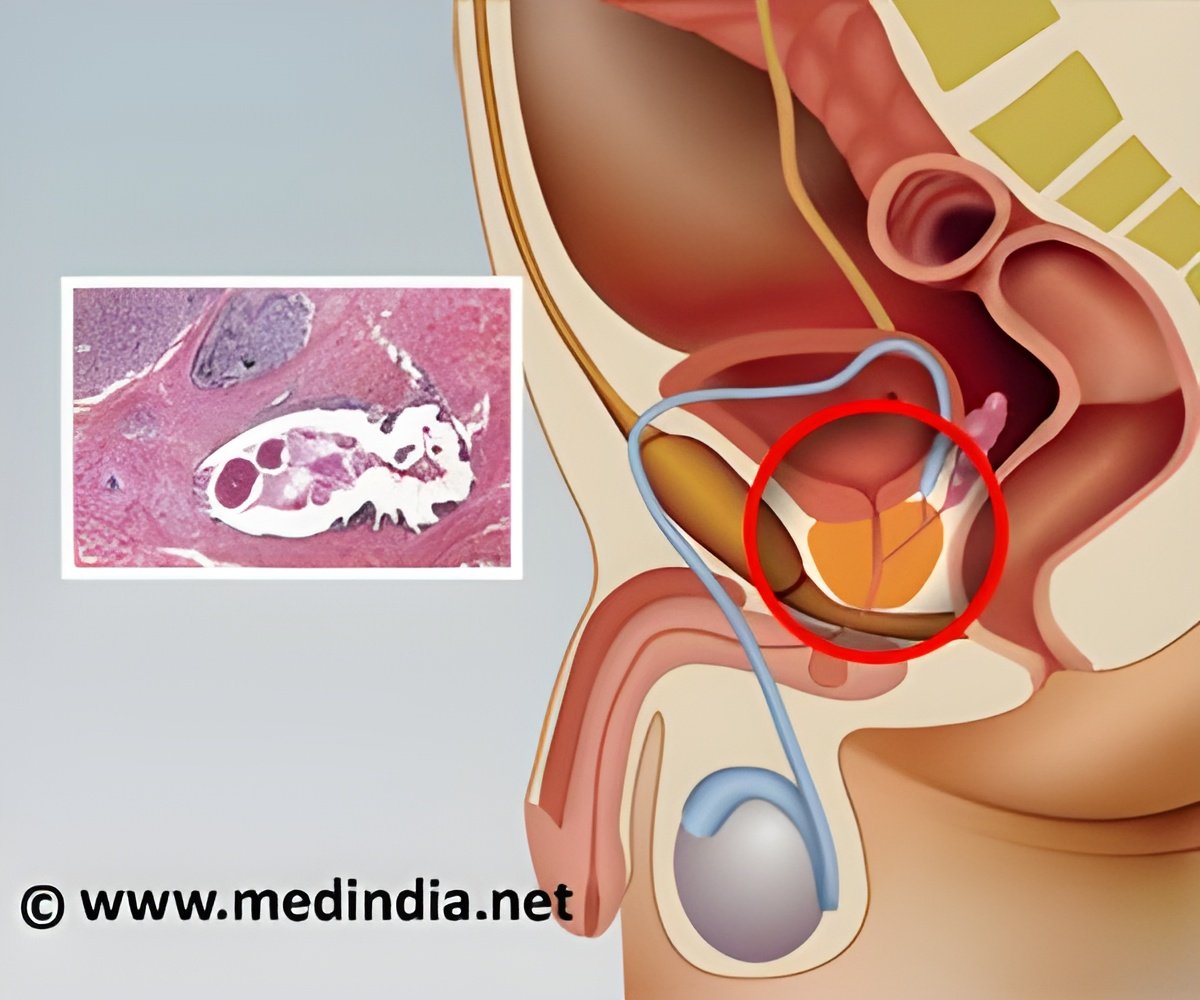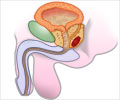Grade of malignancy of a diagnosed cancer is the central concern for both patients and their physicians. Grade is used to determine the intensity of the required cancer treatment.

For a long time, the means by which epigenetic patterns in the DNA of cancer cells undergo changes have remained a mystery. Scientists have discovered specific cellular proteins that can have a major influence on such patterns. A network of researchers from the German Cancer Research Center (DKFZ), the University of Zurich, Hamburg-Eppendorf University Hospital, Heidelberg University, and other institutes have been searching for regulatory proteins that change the epigenetic characteristics of prostate cancer cells and may thus have an impact on the course of the disease.
In a first step, the scientists searched databases containing molecular information on a large number of prostate cancer cases. Using these data, they investigated whether a particular, known epigenetic regulatory protein is expressed in tumor cells at significantly higher or lower levels than in healthy cells from the same patient.
The researchers found the most obvious differences in the expression of a protein called BAZ2A. "The normal known function of this protein is to suppress factories that produce cellular proteins and thus affect the viability of cells," says Prof. Roland Eils, who leads a research group at both the DKFZ and at Heidelberg University. "But when we turned off BAZ2A in the cell lines of metastasizing prostate cancer, their growth was paradoxically slowed." Further studies showed that higher levels of BAZ2A increased specific malignant properties of prostate cancer cells, including their mobility and capacity to invade surrounding tissue. A detailed molecular analysis of prostate cancer cells showed that the overproduction of BAZ2A led to alterations in epigenetic patterns which then inhibited the activity of a number of cancer-suppressing genes. The scientists therefore suspected that the overexpression of BAZ2A might have a direct impact on the malignancy of prostate cancer and thus serve as a predictor for the course of the disease.
The team investigated this hypothesis using nearly 7,700 tissue samples obtained from prostate cancer patients. They discovered that the higher the BAZ2A levels in the tissue were, the more advanced the tumor was at the time of diagnosis, the more frequently it had already spread and formed metastases, and the higher patients' PSA levels were.
"BAZ2A seems to have a direct influence on the aggressiveness of prostate cancer," Plass says. "This suggests that levels of BAZ2A expression may serve as a valuable predictor of disease progression. Of course, this still needs to be clinically confirmed. Particularly in patients whose other clinical results indicate a medium risk, BAZ2A expression may provide important clues for the actual chances of recurrence. This would help physicians and patients choose the most promising treatment."
 MEDINDIA
MEDINDIA




 Email
Email


![Prostate Specific Antigen [PSA] Prostate Specific Antigen [PSA]](https://www.medindia.net/images/common/patientinfo/120_100/prostate-specific-antigen.jpg)






